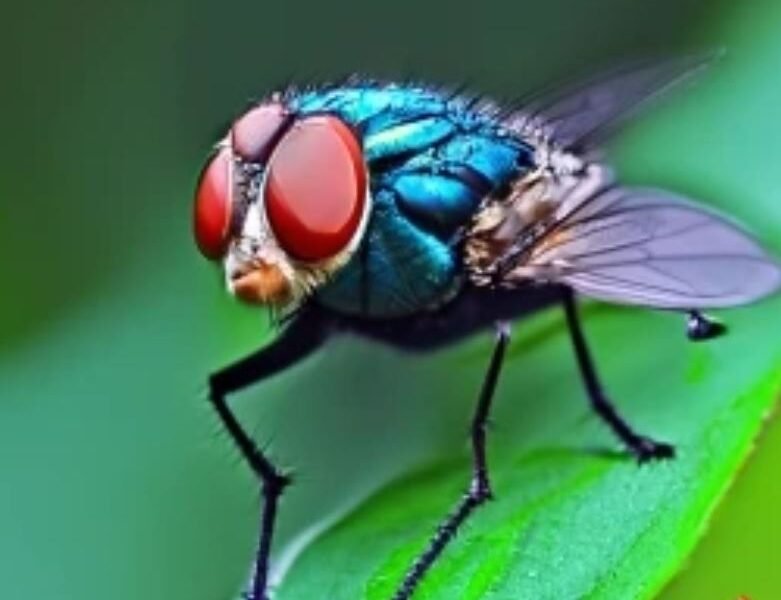Introduction: Blow flies, also known as bluebottles or greenbottles, are common household pests that can quickly become a nuisance when they invade homes in search of food and breeding sites. These flies are attracted to decaying organic matter, including food scraps, garbage, and animal waste, making kitchens, garbage bins, and pet areas prime targets for infestation. In this comprehensive guide, we’ll explore a variety of strategies and techniques for keeping blow flies away from your house, ensuring a clean, sanitary, and pest-free living environment for you and your family.
Understanding Blow Fly Behavior: Before tackling blow fly infestations, it’s essential to understand the behavior and habits of these pests. Blow flies are attracted to odors emanating from decomposing organic matter, which they use as breeding sites for their eggs. Female blow flies lay their eggs in moist, decaying material such as rotting food, animal carcasses, or pet waste. The eggs hatch into larvae, commonly known as maggots, which feed on the decaying matter before pupating and emerging as adult flies.
- Proper Waste Management: One of the most effective ways to prevent blow fly infestations is to practice proper waste management and sanitation. Ensure that garbage bins are securely sealed with tight-fitting lids to prevent blow flies from accessing food scraps and other organic waste. Regularly empty and clean garbage bins to remove any accumulated debris or residue that may attract blow flies. Composting organic waste in sealed containers away from the house can also help reduce blow fly breeding sites.
- Maintain Cleanliness Indoors: Blow flies are attracted to dirty and unsanitary conditions, so maintaining cleanliness indoors is essential for preventing infestations. Clean up spills and crumbs promptly, and store food in airtight containers to prevent blow flies from accessing potential food sources. Wipe down kitchen surfaces, countertops, and appliances regularly to remove food residue and odors that may attract blow flies. Pay special attention to areas around sinks, drains, and garbage disposals, as these can be hotspots for blow fly activity.
- Seal Entry Points: Preventing blow flies from entering your home in the first place is key to keeping them away. Inspect doors, windows, vents, and other potential entry points for gaps, cracks, or openings that blow flies could use to gain access. Seal any gaps or holes with caulk or weatherstripping to prevent blow flies from infiltrating your living space. Install screens on windows and doors to keep blow flies and other flying insects out while allowing for ventilation.
- Use Fly Traps and Baits: Fly traps and baits can be effective tools for controlling blow fly populations both indoors and outdoors. Sticky fly traps can be placed near windows, doors, and other entry points to capture adult blow flies. Fly baits containing attractants such as pheromones or food-based lures can also be used to lure blow flies away from your home and into traps. Follow the manufacturer’s instructions carefully when using fly traps and baits to ensure optimal effectiveness.
- Natural Repellents: Several natural ingredients can act as effective repellents against blow flies. Essential oils such as citronella, eucalyptus, peppermint, and lavender are known for their insect-repelling properties and can be diluted with water and sprayed around the perimeter of your home to deter blow flies. Planting insect-repellent herbs and flowers such as basil, mint, marigolds, and lavender in your garden or near entry points can also help keep blow flies at bay.
Conclusion: Preventing blow fly infestations requires a proactive approach that addresses sanitation, waste management, and entry prevention. By practicing proper waste management, maintaining cleanliness indoors, sealing entry points, using fly traps and baits, and employing natural repellents, you can effectively keep blow flies away from your house and enjoy a clean, pest-free living environment. Remember to be vigilant and consistent in your efforts to prevent blow fly infestations, as early intervention is key to avoiding larger problems down the road. With these strategies and techniques, you can take control of blow fly infestations and maintain a healthy and hygienic home for you and your family.




